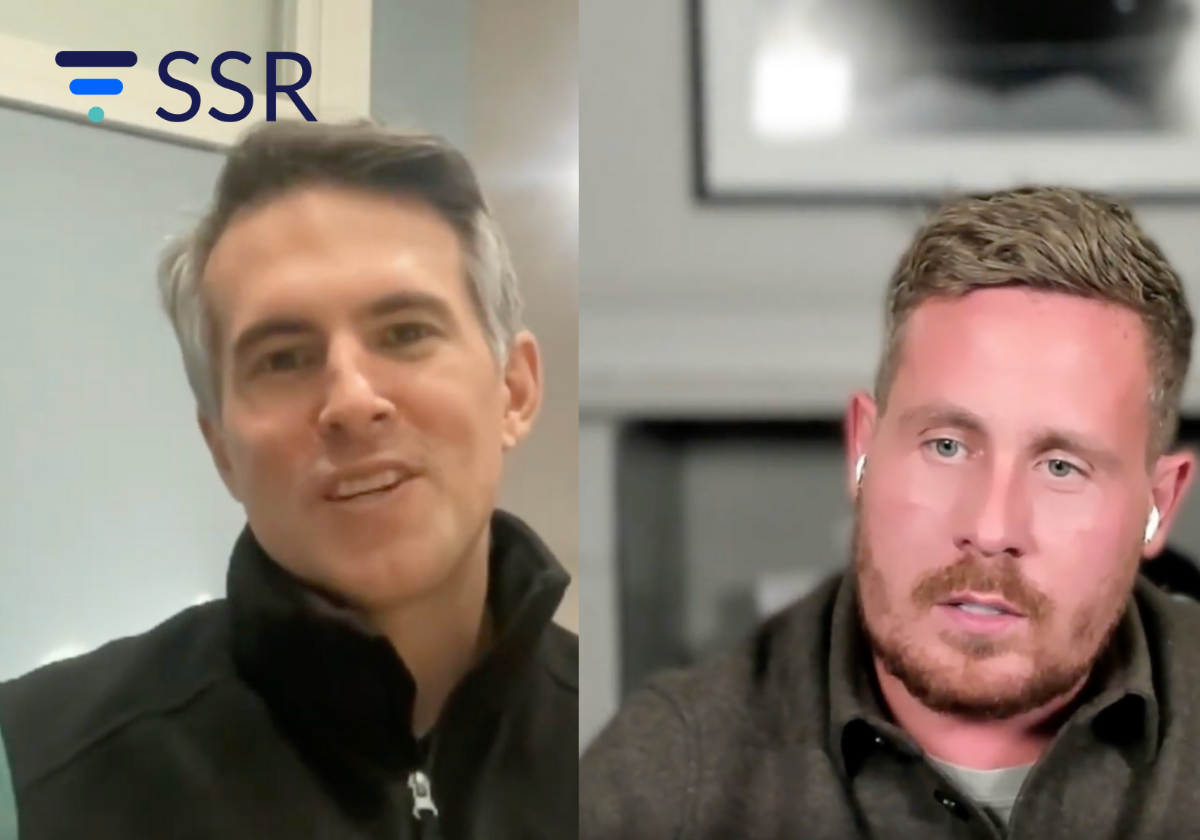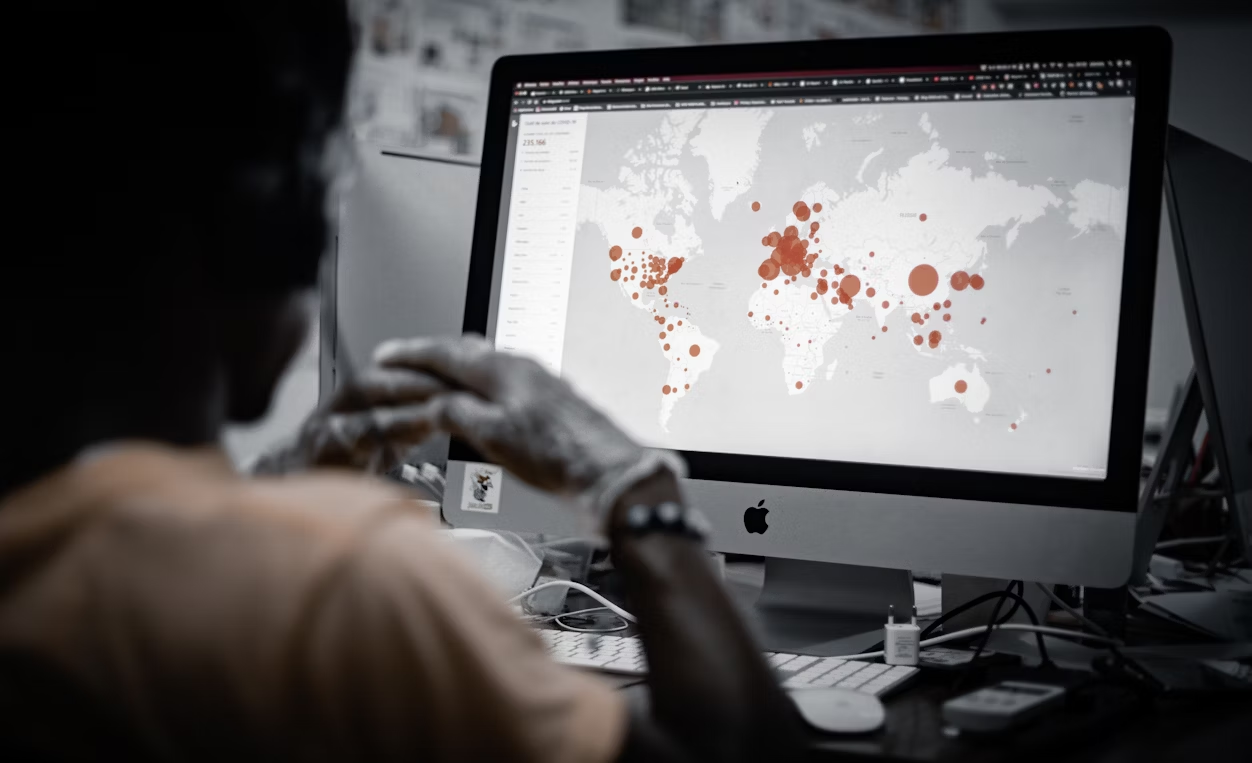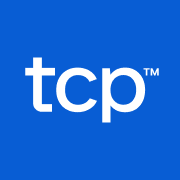Workplace technology has taken an enormous leap forward over the past few years, which has accelerated due to the pandemic. Among the many changes, artificial intelligence, chatbots, automation, machine learning, and other AI technologies have started to become much more commonplace. In fact, according to PwC research, the use of AI will provide $15.7 trillion in global economic growth by 2030.
The talent acquisition sphere has undoubtedly seen this shift towards artificial intelligence. Through AI recruitment tools that help process high volume hiring strategies, recruiters see obvious ROI. A case study by the company Alorica saw that upon implementing chatbots into their recruitment process, over the course of three months, the company saved over 1,200 person-hours, reduced cost-per-hire by 84%, and interviewed about 3,000 candidates versus a typical 966.
As these numbers suggest, there are many benefits to using ethical AI recruiting strategies throughout the hiring process. These tools can empower your team by improving the candidate experience and eliminating time-consuming manual tasks for your hiring managers, among other benefits we’ll discuss below.
Faster Recruiting Process
When making a new job posting, you sometimes can get a massive influx of responses. While having options to make hiring decisions is excellent, sifting through a large pile of resumes is not. In such a scenario, finding top talent can feel like looking for a needle in a haystack, and by the time you see them, they may have gotten another job offer. Automation can help you find the right candidates before a competitor snatches them up.
When candidate sourcing, whether it be from job boards, Linkedin, or social media, chatbots can pre-screen candidates with customizable conditions so that your team only sees qualified candidates. This HR tech allows for instant responses 24/7 365, facilitating engagement whenever the applicant is ready. Even if they aren't applicable for the role, they can be added to your integrated applicant tracking system using AI and recommended for a different position either now or at a later date.
Saving Time for Recruiters
One of the most apparent benefits of AI technology is how much it saves time for your team. HR professionals can spend a considerable amount of time screening unqualified candidate resumes (which make up about 88% of applicants). This digging is not only frustrating but takes away time from one-on-one interactions with the best candidates.
Again, using chatbots and AI to screen potential candidates, your recruiters can more quickly find top talent among their piles of resumes while saving time for human touches when that suitable candidate does appear. Upon screening candidates, some chatbots will allow qualified candidates to directly schedule an interview with your recruiting team by interfacing with their calendars. This process spares both the job seeker and your team from tedious rounds of phone tag.
Related: A Real Life Example: The Benefits of Recruiting Chatbots

Improved Candidate Experience
Moving on, the use of AI dramatically improves the candidate experience through consistent, instant response times and increased one-on-one attention with your applicant shortlist. These tools can often be implemented through platforms such as WhatsApp, Facebook, and Linkedin, allowing candidates to communicate through channels that make them comfortable.
By being guided through the pre-screening and scheduling process on these platforms, they can more quickly engage with your organization. There, your HR team can start interacting with them and selling them on your company and the position while further ensuring that they fit the role. Suppose they are not the correct quality of hire. In that case, they can be recommended to another position within your company that their skillset applies to, or they can receive a polite and personalized rejection message.
Beyond these processes, automation and chatbots also help prevent intensely long application processes that turn many people away. When someone has to manually input their and answer a series of questions, it isn't unusual for them to give up and never apply to that position. Through text-to-apply options and AI, you can pre-screen candidates without massive, impersonal forms that disrespect an applicant's time.
Some talent acquisition tools include the functionality of question fielding, which utilizes chatbot functionality to answer frequently asked questions. These can consist of questions about your company culture, specific inquiries about the role, directions to your building for interviews, details on the average length of your interview process, or social distancing protocols.
Naturally, this tool helps field some of the more common questions away from your recruiters, saving them time while allowing the applicants to feel more comfortable with the process. Often, these tools also feature reminders for both recruiters and interviewees on the time, date, and location of the interview so that both parties involved are more likely to be on time.

Lower Sourcing Costs
There are a handful of ways that AI technology helps lower your sourcing costs. First and foremost, by letting your team focus on the most vital points of human contact, they can scale to company needs without putting in overtime. Automated pre-screening and scheduling alone can dramatically impact the amount of time spent per applicant. According to a study by Ideal, early adopter companies implementing this technology are seeing a 75% reduction in cost per screen.
Learning the best ways to leverage ChatGPT for HR can also improve efficiency and potentially reduce costs.
As your recruiters spend more time trying to interact directly with top talent applicants, you will see increased ROI through quality hires. On top of snagging these hard-to-get hires, automated onboarding can help them stick around. By using AI to answer frequently asked questions and handle onboarding documents, your HR team can better guide them through their first moments at the company. Making the first few weeks of an employee's experience smooth and welcoming is essential to keeping them on long-term and helps them integrate within the company culture and their future team.
AI can help in other unexpected areas, such as creating job descriptions. HR teams have to act as specialists with every new role they write descriptions for, which can often lead to confusion or inaccurate descriptions. Using AI technology to examine thousands or millions of other job posts can help you better formulate the requirements of these roles. It can also ensure that the language you use is targeted correctly at those applying - jargon and all.
Another area where automation is becoming popular is within virtual career fairs, which have become highly present within the hiring process. It can screen career fair attendees and direct them to positions that they qualify for in the same way that it pre-screens and schedules interviews within a standard hiring pipeline. Then, recruiters are notified and can look over the candidate's qualifications before allowing them to sign up for a short video meeting at the virtual event.
Accessibility and Biases
Many organizations have started to push for more inclusivity, whether within their hiring diversity or in workplace accessibility. While the move towards virtual hiring and video interviews has already been an enormous step forward in a more accessible hiring process, chatbots and AI technology help push that even further. Algorithms are as non-discriminatory as possible, where unconscious bias can often sneak into the screening process when human individuals handle it.
Many automation tools are also multi-lingual, from their chatbots to their natural language processing (NLP), helping your office expand globally with your recruitment process. These AI tools can mitigate hiring bias: Combined with a simplified application process available on multiple communication platforms, they create a more accessible recruiting process. As the recruitment industry moves towards implementing more of these tools, we open doors for a more diverse and accessible workforce that brings incredibly crucial perspectives and ideas to our organizations.
Recruiting Software, Artificial Intelligence, and Your Organization
The benefits of implementing AI recruiting software are a huge boon to your team, providing them with immensely empowering tools. These products could also help your HR team save money and increase their scalability and flexibility into the future. A study by McKinsey & Company found that over half of those surveyed adopted AI technology in some capacity in their organization, and over half those who implemented it within their talent management saw reduced costs. Recruiting software helps your bottom line, your recruiting team, and your workforce quality.
There are many ways your company can start to implement this HR technology. Companies often provide individual bits and pieces of these recruiting tools if you want to start small or pursue an entire suite of software. While looking, something to consider is your teams' specific pain points where they express the most backlog and struggle to keep up. Think about the software you currently use; you will want to focus on automation tools that integrate with what you have in place, such as your scheduling platforms and ATS, for example.
Recommended AI Recruiting Reading:

























